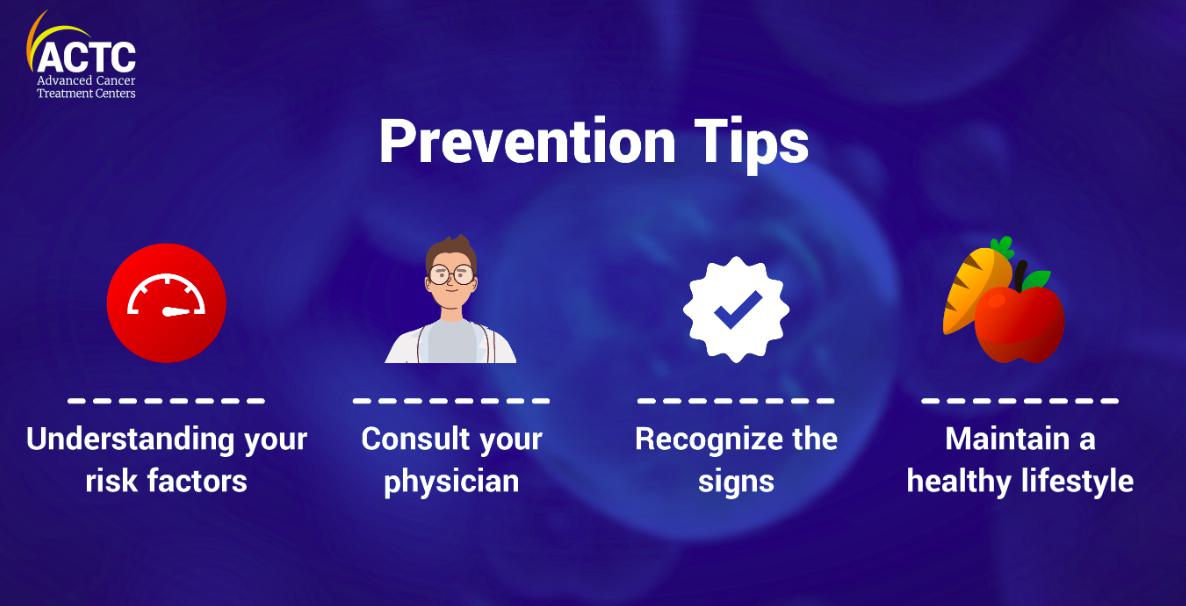Pancreatic cancer is one of the most aggressive and deadly forms of cancer, often diagnosed at an advanced stage due to its subtle symptoms. Many people wonder how to avoid pancreatic cancer and whether lifestyle changes or preventive measures can lower their risk. While not all cases can be prevented, adopting healthier habits and being aware of risk factors can significantly improve overall pancreatic health.
This article provides an in-depth look into pancreatic cancer, its causes, warning signs, and current medical approaches. More importantly, it focuses on practical ways to reduce your risk through lifestyle changes, early detection strategies, and preventive healthcare practices.
Definition and Overview
Pancreatic cancer begins in the tissues of the pancreas, an organ that plays a crucial role in digestion and blood sugar regulation. The most common type is pancreatic adenocarcinoma, which originates in the cells lining the pancreatic ducts. Because the pancreas is located deep within the abdomen, early tumors often go unnoticed until they spread.
Understanding how to avoid pancreatic cancer starts with knowing how it develops, recognizing contributing factors, and adopting habits that reduce your risk. While no prevention method is 100% guaranteed, knowledge and proactive care make a difference.
Types
The two main types of pancreatic cancer include:
- Exocrine tumors: The most common type, usually pancreatic adenocarcinoma.
- Endocrine tumors (neuroendocrine tumors): A rarer form that affects hormone-producing cells.
Causes and Risk Factors
The exact cause of pancreatic cancer is not fully understood, but several risk factors increase the likelihood:
- Smoking and heavy alcohol use
- Family history of pancreatic cancer or genetic syndromes
- Obesity and poor diet
- Chronic pancreatitis
- Type 2 diabetes
- Older age (most cases occur in people over 60)
Recognizing these risks is essential if you want to learn how to avoid pancreatic cancer.
Symptoms and Early Warning Signs
Early pancreatic cancer rarely shows symptoms, but common warning signs include:
- Unexplained weight loss
- Abdominal or back pain
- Jaundice (yellowing of skin and eyes)
- Loss of appetite
- Digestive problems, such as nausea and vomiting
- New-onset diabetes
Diagnosis
Doctors use several methods to detect pancreatic cancer, including imaging tests (CT scans, MRIs, ultrasounds), blood tests (CA 19-9 tumor marker), and biopsy. Because early detection is difficult, high-risk individuals should undergo regular screenings when recommended.
Treatment Options
Treatment depends on the stage and type of cancer and may include:
- Surgery: The most effective option for early-stage pancreatic cancer.
- Chemotherapy and radiation therapy: To shrink tumors or slow progression.
- Targeted therapy and immunotherapy: Newer treatments with promising results.
- Palliative care: To manage symptoms and improve quality of life.
Prevention and Lifestyle Recommendations
If you are serious about learning how to avoid pancreatic cancer, consider the following lifestyle adjustments:
- Quit smoking and limit alcohol intake
- Maintain a healthy weight through balanced diet and exercise
- Eat more fruits, vegetables, and whole grains
- Reduce red meat and processed foods
- Manage diabetes and chronic pancreatitis properly
- Stay physically active
- Get regular checkups if you have a family history of the disease
Prognosis and Survival Rates
Pancreatic cancer has a relatively low survival rate because it is often detected late. The five-year survival rate is around 11% overall, but early detection greatly improves outcomes. This highlights why prevention and lifestyle changes are so crucial.
Latest Research and Innovations
Research continues to explore early detection methods, genetic testing, targeted drugs, and immunotherapy. Advances in artificial intelligence and biomarkers may one day allow earlier diagnosis and more personalized treatment.
Coping and Support for Patients
A pancreatic cancer diagnosis can be overwhelming. Patients and families benefit from support groups, counseling, and nutrition guidance. Staying connected with healthcare providers and seeking second opinions also helps manage treatment decisions.
Conclusion
Pancreatic cancer remains a serious health concern worldwide, but there are practical steps you can take if you want to know how to avoid pancreatic cancer. By adopting a healthy lifestyle, avoiding risk factors, and staying vigilant with checkups, you can lower your chances of developing this disease. Awareness, prevention, and early action are your strongest tools.
FAQ
1. Can pancreatic cancer be completely prevented?
No, but healthy lifestyle choices can significantly reduce the risk.
2. What foods help lower the risk of pancreatic cancer?
A diet rich in fruits, vegetables, whole grains, and lean proteins is beneficial.
3. Who is most at risk of pancreatic cancer?
Smokers, people with obesity, chronic pancreatitis, type 2 diabetes, and those with a family history are at higher risk.
4. How often should high-risk individuals get screened?
Doctors may recommend annual or bi-annual screening for those with a strong family history or genetic predisposition.
5. Does exercise help in preventing pancreatic cancer?
Yes, regular physical activity helps maintain a healthy weight and reduces cancer risk.

